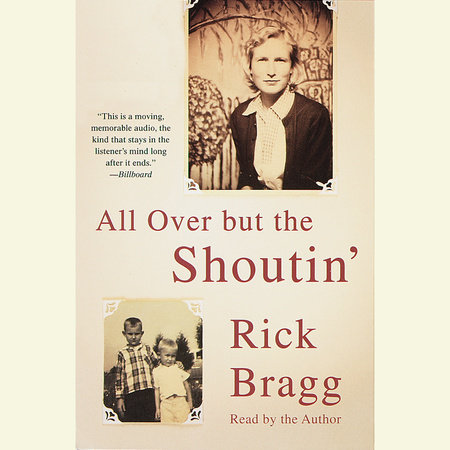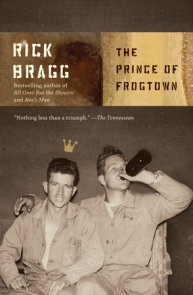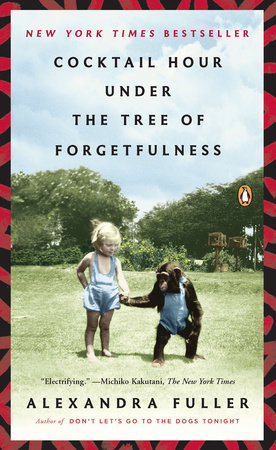

All Over but the Shoutin'
By Rick Bragg
By Rick Bragg
By Rick Bragg
By Rick Bragg
By Rick Bragg
Read by Rick Bragg
By Rick Bragg
Read by Rick Bragg

-
$19.00
Sep 08, 1998 | ISBN 9780679774020
-
Aug 18, 2010 | ISBN 9780307762917
-
Apr 08, 2008 | ISBN 9780739376485
162 Minutes
Buy the Audiobook Download:
YOU MAY ALSO LIKE
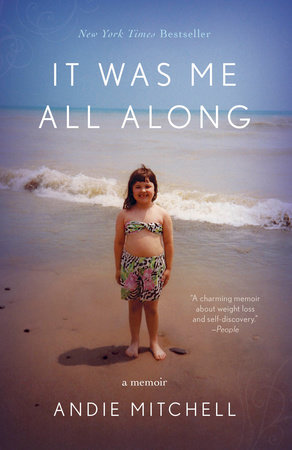
It Was Me All Along
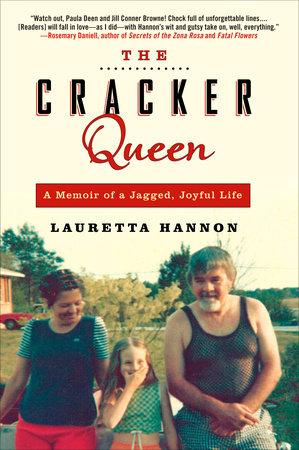
The Cracker Queen
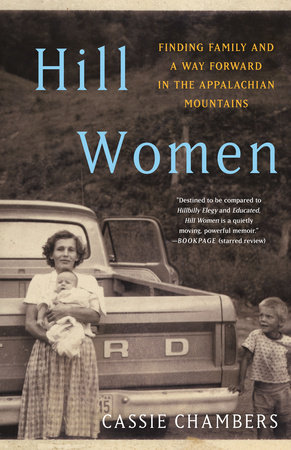
Hill Women
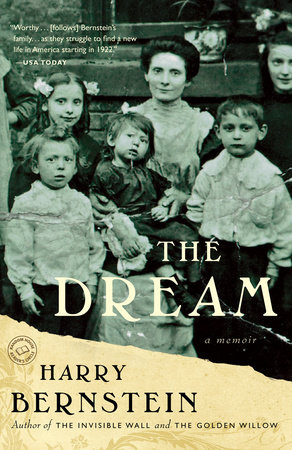
The Dream
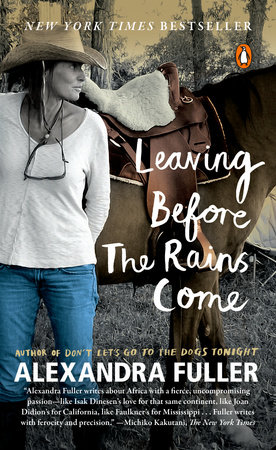
Leaving Before the Rains Come
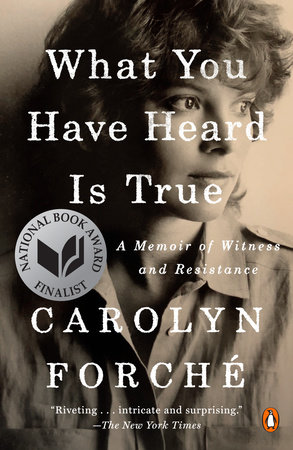
What You Have Heard Is True
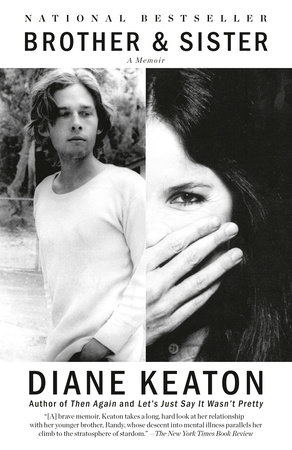
Brother & Sister
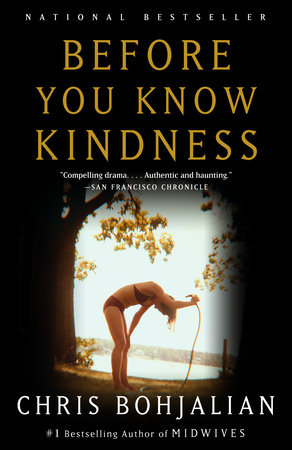
Before You Know Kindness
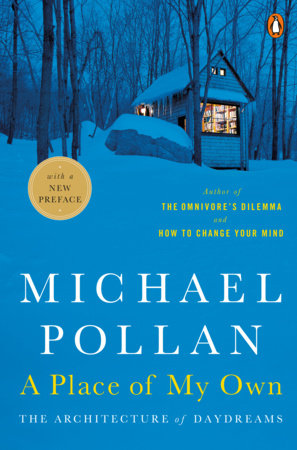
A Place of My Own
Praise
A New York Times Notable Book
“A grand memoir…. Bragg tells about the South with such power and bone-naked love…he will make you cry.” —Atlanta Journal-Constitution
“Part memoir, part confession, [this book] has everything to do with the South and nothing at all…. Like all good writing, it transcends the particulars of time and place.” —Raleigh News & Observer
“A record of a life that has been harrowing, cruel and yet triumphant, written so beautifully he makes the book a marvel.” —Los Angeles Times
“A deeply affecting book…. Bragg captures the rhythms of small-town life with grace and pathos.” —Chicago Tribune
21 Books You’ve Been Meaning to Read
Just for joining you’ll get personalized recommendations on your dashboard daily and features only for members.
Find Out More Join Now Sign In









